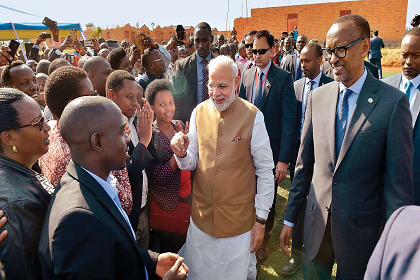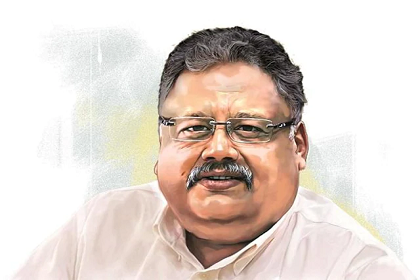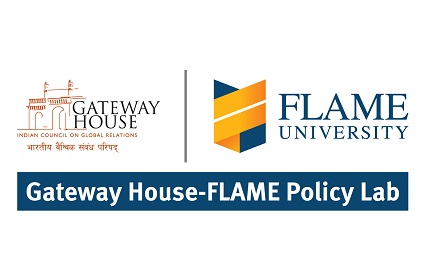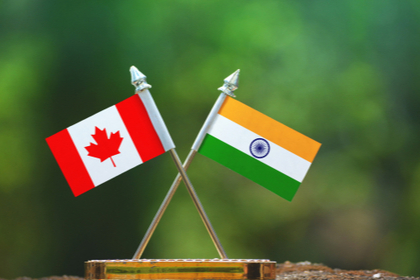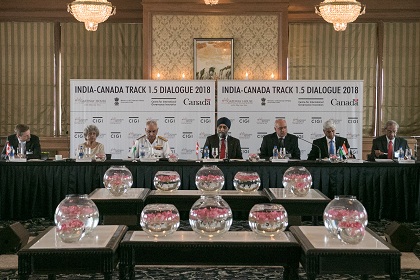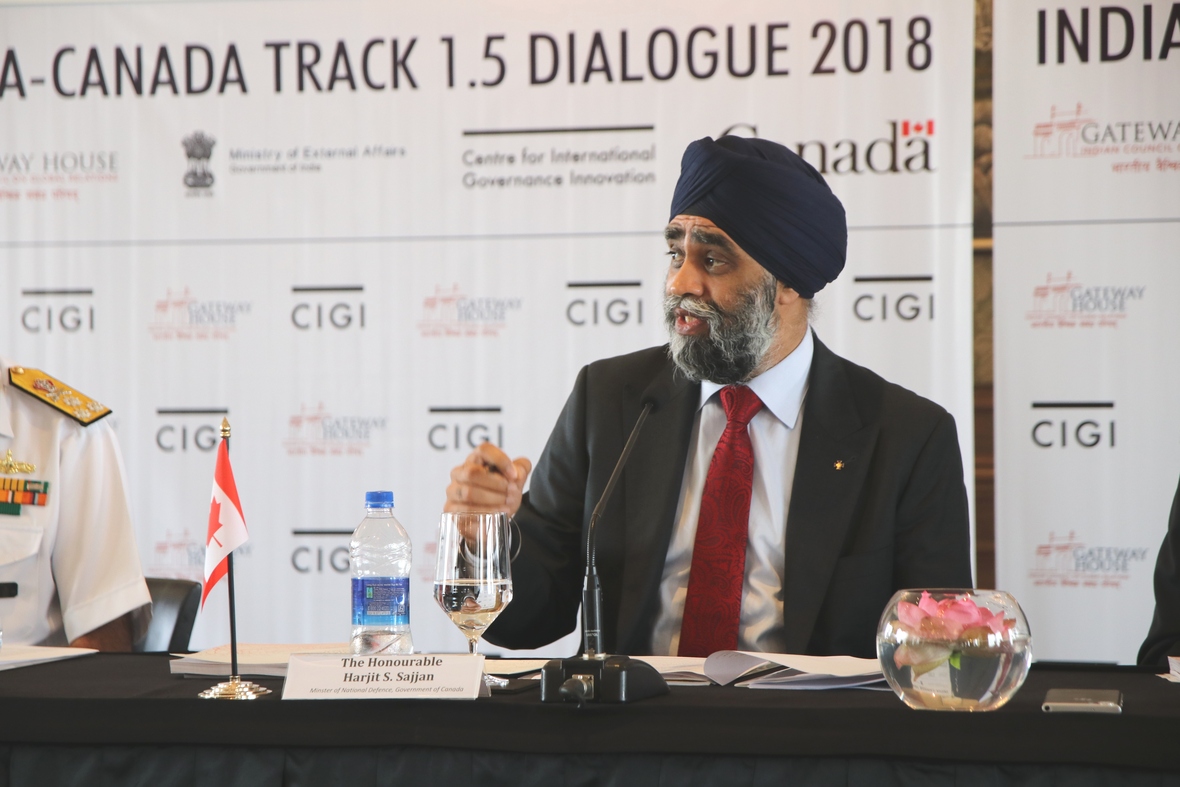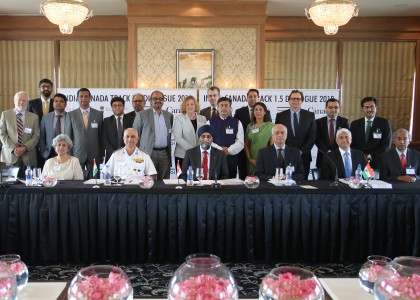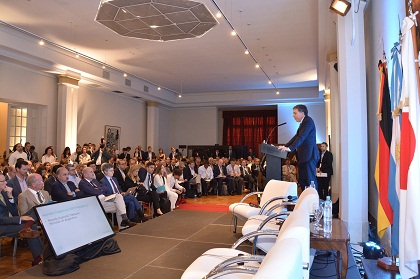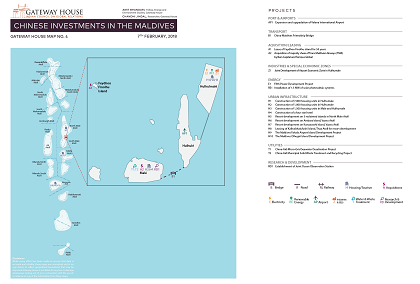Enabling climate finance creatively
The focus on climate finance must take into account the high cost of debt, foreign exchange risk and weak public energy utilities in the developing economies. A creative and workable solution to all these issues is to establish a Global Climate Finance Agency, managed by a reputed multilateral agency with some of the capital support promised by the developed countries.


